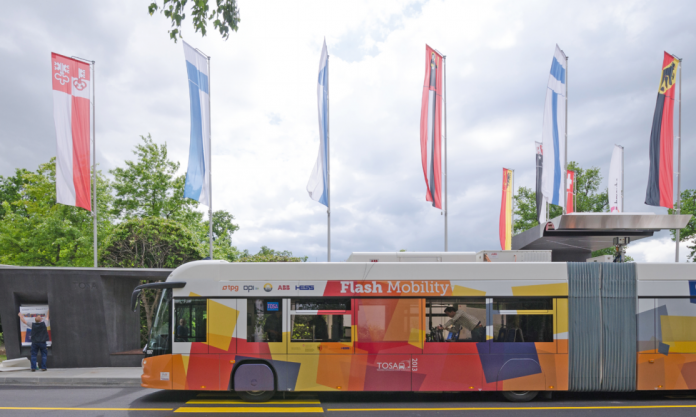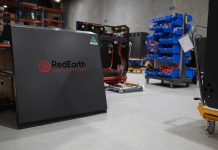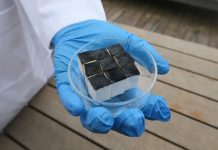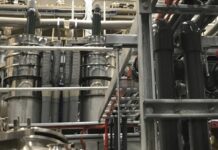Media Release
Charged in seconds, the e-bus can stay on the road all day long.
ABB and King Long Motor Group have signed an agreement to jointly develop an e-bus with world’s fastest flash-charger for China’s booming battery-electric public transportation market.
The e-bus will feature ABB’s TOSA flash-charging system that tops up the battery in just seconds while passengers get on and off the bus. This avoids the need to take the vehicle out of service for recharging every few hours or having a replacement bus ready, thus minimizing the size of the fleet.
https://www.youtube.com/watch?v=bvWslLGpNDU&feature=youtu.be
For demonstration to customers, the partners are building a pilot project in China. King Long will design and assemble the e-bus, while ABB will provide the TOSA flash-charging solution consisting of a wayside feeding station, an energy transfer system and an onboard battery charger.
The fast-charging solution requires no costly overhead lines. It enables public transportation companies to deploy emission-free, noiseless e-buses in a cost-effective and environment-friendly manner.
“Taking less than a second for the overhead arm to connect and for battery charging to begin, ABB’s TOSA brings speed and flexibility to battery charging, making it the ideal solution for high-capacity, high-frequency routes,” says Niklas Persson, Managing Director of ABB Power Grids’ Grid Integration business line.
China is the world’s biggest market for e-buses, thanks to a government policy to prioritize the electrification of the public transportation system to reduce urban pollution and its dependence on oil imports. King Long Motors is one of largest bus and coach manufacturers in China and in the world. The company has extensive sales worldwide, especially in Asia, Latin America, Africa and the Middle East.
In Geneva, Switzerland, ABB’s TOSA is already an established e-bus technology. It has operated for more than 500,000 kilometers, transported millions of passengers and saved more than 1,000 tons of carbon dioxide emissions. The system is also scheduled to start operating on 20 e-buses in Nantes, France, in September 2019.





















